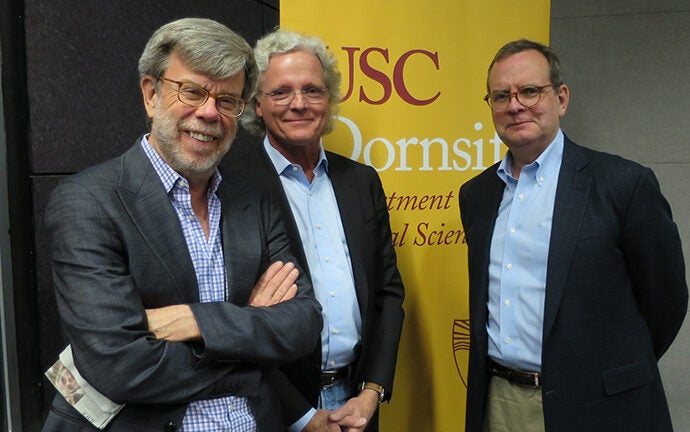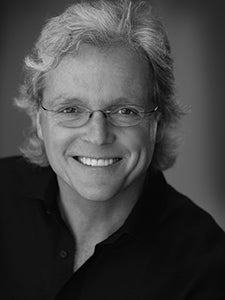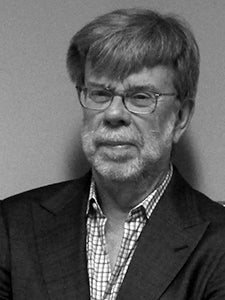
Why are non-establishment presidential candidates triumphing in early primaries?
Months before voters turned out en force to show support for Bernie Sanders and Donald Trump in the New Hampshire primary on Tuesday, Fred Davis received a call from his 89-year-old mother.
She wanted to know from her son, a longtime political consultant and a Republican strategist, whether Donald Trump had any shot at becoming president. At the time, Davis laughed and told her definitively, “No.”
“It took me about six weeks to realize I needed to call my mom back,” Davis said.
Lead media consultant for GOP candidate John Kasich’s super PAC, Davis participated in an event hosted by the USC Dornsife Department of Political Science titled “The Day After: What Happens Post New Hampshire” on Feb. 9 on USC’s University Park campus.
Moderated by Bob Shrum, Carmen H. and Louis Warschaw Chair in Practical Politics, the event also featured Todd Purdum, former national political correspondent for the New York Times and national editor and political correspondent for Vanity Fair, as well as Bill Carrick, a Democratic political consultant who served as an advisor to presidential campaigns for several candidates including Ted Kennedy and Bill Clinton.
Shrum, as well as a number of students who attended the event, probed the experts for insights into this anomalous race to the White House, and the trio freely offered insightful opinions.

Fred Davis on the frustration of being a strategist for Republican presidential candidate John Kasich:
“John Kasich is unique in that he absolutely will not listen to anybody who tells him to act one way or another way to get elected…This is kind of a cranky, irascible guy who — most people would say — has been a very good governor of Ohio. He was a congressman for 18 years. He was the last person to balance the federal budget.”
And on the discrepancy between Hillary Clinton’s true image and the face she shows the public:
“By a strange fluke I know Hillary fairly well, and she’s actually very nice. She is a bawdy, funny gal with a genuine sense of humor. But she does not come off that way at all in the debates. It is kinda obvious to me — between Bernie and Hillary — which one would make the better president, has a little more experience. But from an image standpoint, she’s doing everything wrong.”

Todd Purdum on whether Donald Trump can be stopped:
“I am not qualified to say how the past is relevant to this year, if at all, because it seems to be breaking all the rules. I assume that Trump will survive for a long time. Whether he can be stopped, I don’t know. But I don’t see anything in his path right now. And he has defied all the predictions that once people start voting, they won’t support him. They voted for him very clearly. And New Hampshire is quirky, but it’s not Mars. I mean, it’s America. So if they voted for him there, there isn’t any reason to think they won’t vote for him in other places.”
And on how Hillary Clinton will need to treat Bernie Sanders’ supporters if she wins the nomination.
“She has to treat them very carefully. She can’t dismiss them. She has got to say, ‘I feel your energy. I admire it. I respect your values. And I can translate those ideas into action.”

Bill Carrick on whether, from a Democrat’s perspective, he would rather see Ted Cruz or Donald Trump in the general election.
“If I had a magic wand, I would use it to make Ted Cruz the candidate. Trump can switch on the charm. He doesn’t have to be the guy yelling obscenities in a crowd or the guy calling people names. It’s a role he’s playing. If he can transform himself into someone more likeable, I think it’s virtually impossible for him to be beaten.”
— On Trump’s qualifications for the job:
“The issue, beyond the bombastic personality and the abusive comments, is that he’s an unmitigated ignoramus on policy. The things he says about trade would destroy the world economy in a mega-second.”
And on Hillary Clinton’s troubles in captivating voters:
“She is out of sync with the political zeitgeist, and I don’t know if there’s a corrective for that. But I do think she has a genuine and sincere plan.”